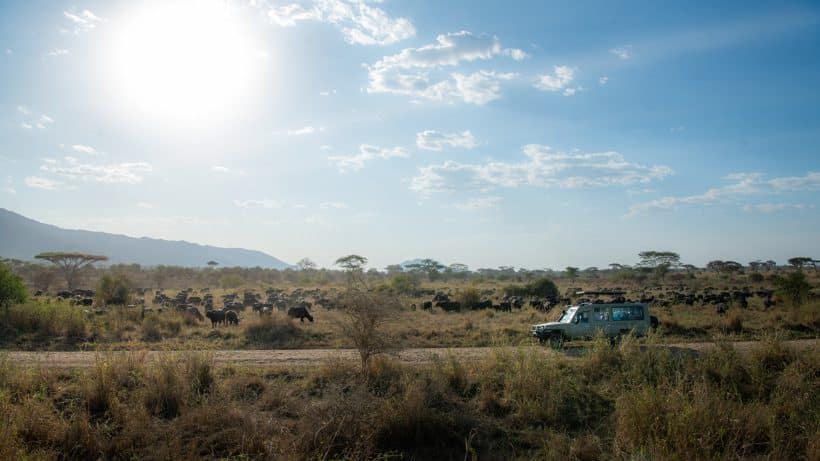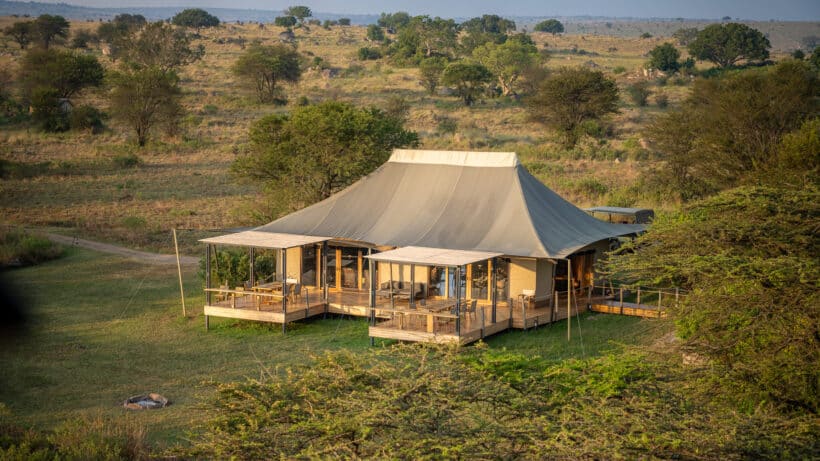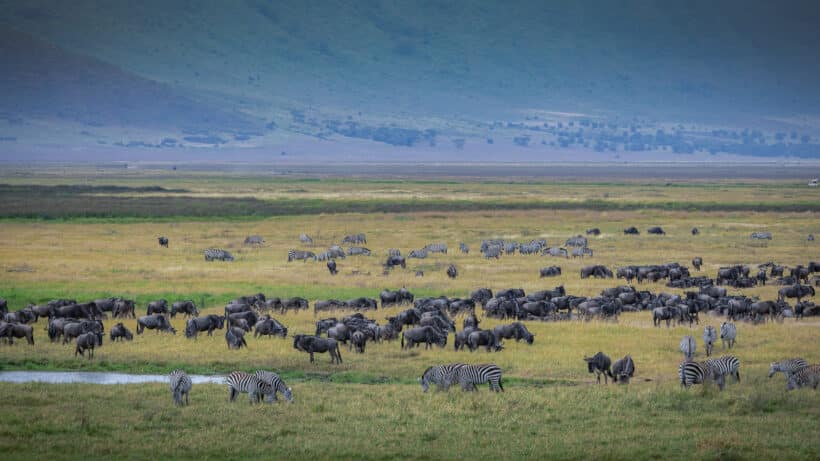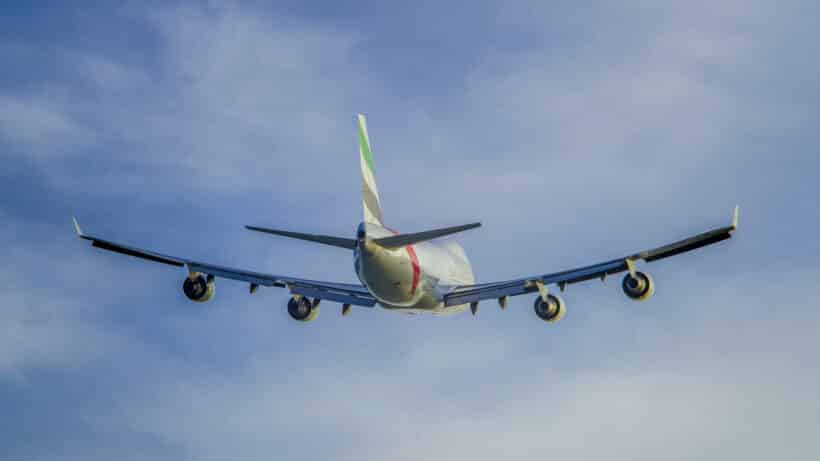Tanzania travel advice
Seamless safari adventures – expertly planned, locally supported
At Timba Adventure Safaris, we specialize in more than just planning your trip. Based in Tanzania, our local team is always ready to assist you, ensuring a seamless and worry-free experience. Our 24/7 operations team promptly addresses any unexpected situations so you can focus on enjoying your adventure.
We pride ourselves on organizing guided safaris that deliver nothing but the excitement of discovery. To help you prepare, we offer personalized advice tailored to ensure your Tanzanian safari is truly unforgettable.








